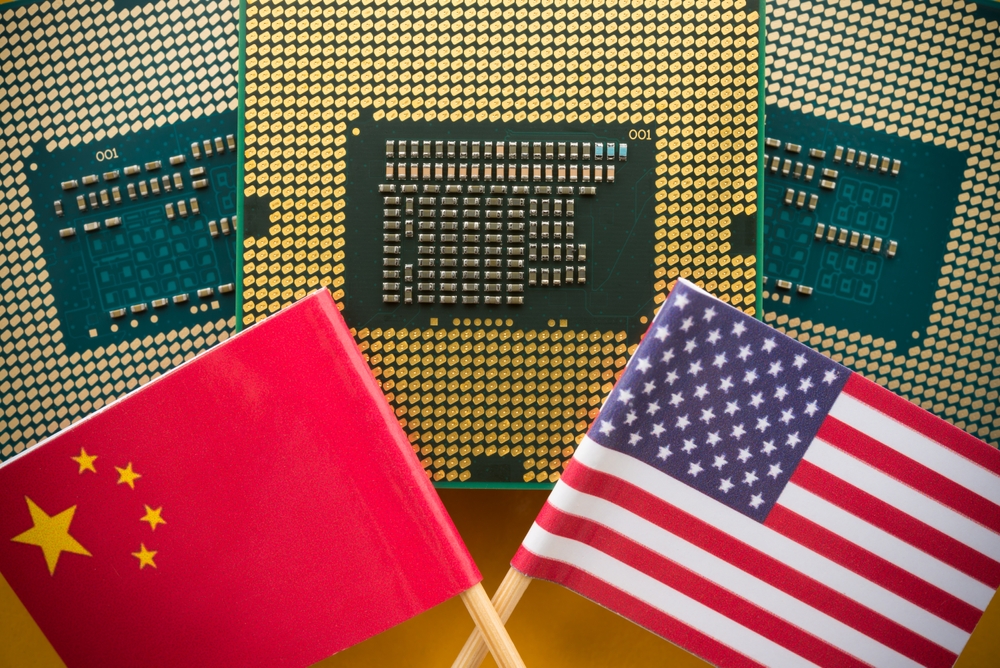The United States on Monday announced its third major crackdown in three years on China’s semiconductor industry, imposing export restrictions on 140 companies. The effort, spearheaded by the Biden administration, aims to hinder Beijing’s ability to produce advanced chips critical for artificial intelligence and military applications.
The measures include restrictions on Chinese chip equipment makers like Naura Technology Group, Piotech, and ACM Research, as well as limitations on shipments of advanced memory chips and chipmaking tools to China. Commerce Secretary Gina Raimondo emphasized that these actions are designed to prevent China from modernizing its military.
Impact on Major Companies and Supply Chains
The restrictions are expected to impact global semiconductor companies, including Lam Research, KLA, and Applied Materials, as well as non-U.S. firms like Dutch chip equipment maker ASM International. Additionally, major Chinese companies, including Huawei-associated firms, are facing new restrictions.
Entity List Additions
The U.S. has added nearly two dozen Chinese semiconductor firms, two investment companies, and over 100 chipmaking tool manufacturers to the Entity List, barring them from receiving U.S. shipments without special licenses.
Foreign Reactions and Global Implications
Chinese Response
Chinese officials decried the restrictions, calling them examples of “economic coercion” and “non-market practices”. Foreign Ministry spokesperson Lin Jian warned that the curbs undermine global supply chains and pledged measures to safeguard Chinese firms’ interests.
Dutch and Japanese Involvement
The new rules expand the foreign direct product rule, limiting exports of U.S.-origin technology by manufacturers in countries like Israel, South Korea, and Taiwan. However, Japan and the Netherlands—key players in chipmaking—are exempt. Dutch company ASML stated it does not foresee material impacts on its business under the new rules.
Expanding U.S. Oversight
AI and Advanced Memory Chips
The package includes restrictions on HBM 2 memory chips and higher, which are essential for high-end AI applications. South Korean companies like Samsung Electronics are expected to feel the impact, with analysts estimating that China accounts for approximately 30% of Samsung’s HBM chip sales.
Broader Control
For the first time, the U.S. has targeted Chinese private equity firms like Wise Road Capital and JAC Capital, citing their role in aiding China’s efforts to acquire sensitive semiconductor technologies.
Historical Context
This package marks the third major export control initiative under the Biden administration, following a sweeping set of restrictions introduced in October 2022. The latest rules reflect an ongoing strategy to curb China’s ability to compete in advanced technologies critical for economic and national security.
The crackdown comes weeks before President-elect Donald Trump is set to take office, raising questions about whether these measures will remain under the new administration.
Future of U.S.-China Tech Relations
The U.S. continues to tighten its grip on global semiconductor supply chains, signaling a protracted period of technological and economic tensions with China. The latest measures underscore Washington’s commitment to limiting Beijing’s access to technologies that could bolster its military and economic ambitions.







